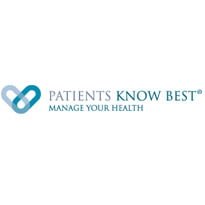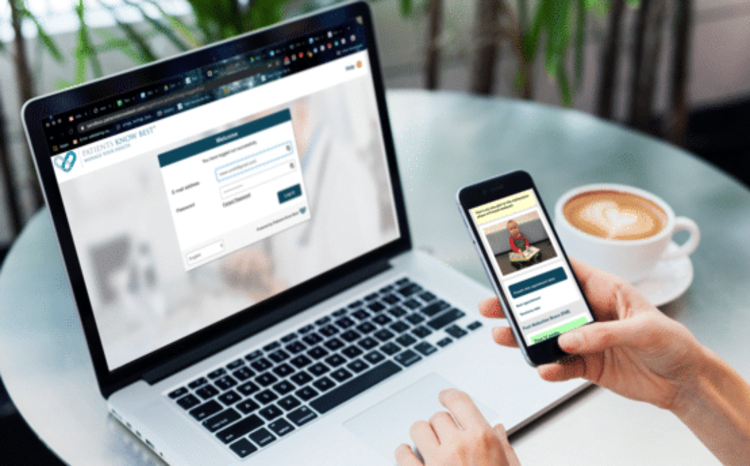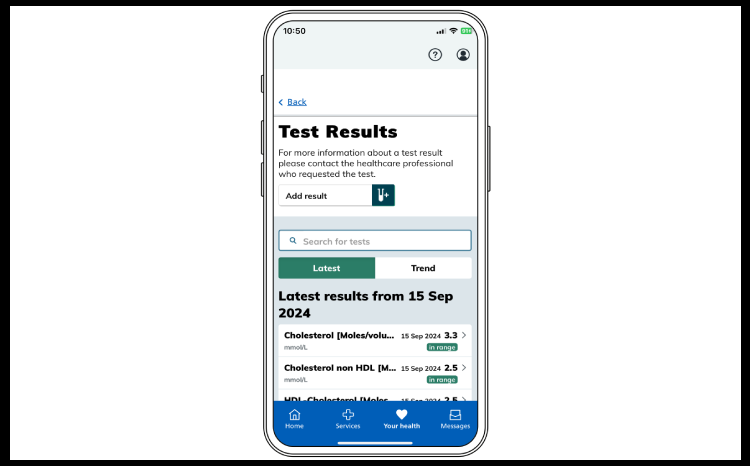Patients Know Best in US trial
- 25 April 2012

A patient records access portal developed by a UK doctor is being used in a United States trial looking at whether giving patients access to their records saves on healthcare costs.
Dr Mohammad Al-Ubaydli, founder and chief executive of the patient-controlled records system Patients Know Best, spoke at the BCS Primary Health Info 2012 conference on Tuesday.
He said the patient record portal has been selected for a trial involving teaching hospitals in the US that has been set up to investigate how giving patients access to their own records can impact their use of healthcare.
The trial will involve a few hundred gastroenterology patients. One half will get access to their patient record via Patients Know Best and the other will continue with their care as usual.
The costs of their healthcare will be regularly audited and reported. The US study is “huge” in terms of proving the cost benefits of giving patients access to their records, Dr Al-Ubaydli claimed.
“Their theory is if you put the patient in control, everybody saves money or makes money; so it is in everybody’s interest to do that,” he said.
Patients are also being asked to give consent for their anonymised data to be used for research purposes.
Patients KnowBest gives patients a personal electronic health record account and they can grant clinicians access to that account.
Patients can be given online access to records, such as clinic and discharge letters, and can use the system to consult with clinicians online.
It can also be used to collect data from patients, therefore avoiding a GP visit. Patients Know Best is also being used in 10 hospital sites around England.
Trusts often wanted to start with the “easy” patients, but Dr Al-Ubaydli said supposedly “hard” patients – the old, the poor or with English as a second language – were often the most surprising in terms of their uptake of the technology and the benefits it could bring.
For example, a homeless family at Great Ormond St Hospital had really taken to the idea. They had no address for hospital letters to be sent to, but could now check all their details and updates online.
He said the system also delivered benefits to clinicians. For example, he said that hospital multi-disciplinary teams often meet in the afternoon to decide on the next steps for a patient.
A nurse then has to ring every patient to inform them about the next steps. But clinical teams using Patient Knows Best can simply input this information into the patient’s record, after which an email is automatically sent, alerting them to the fact that their record has been updated.
Dr Al-Ubaydli said the savings in nurse time alone could prove the business case for investing in the system.
GPs who wanted to implement the system would usually build a business case for their primary care trust around a reduction in appointments and meeting quality and outcomes framework targets, he added.



